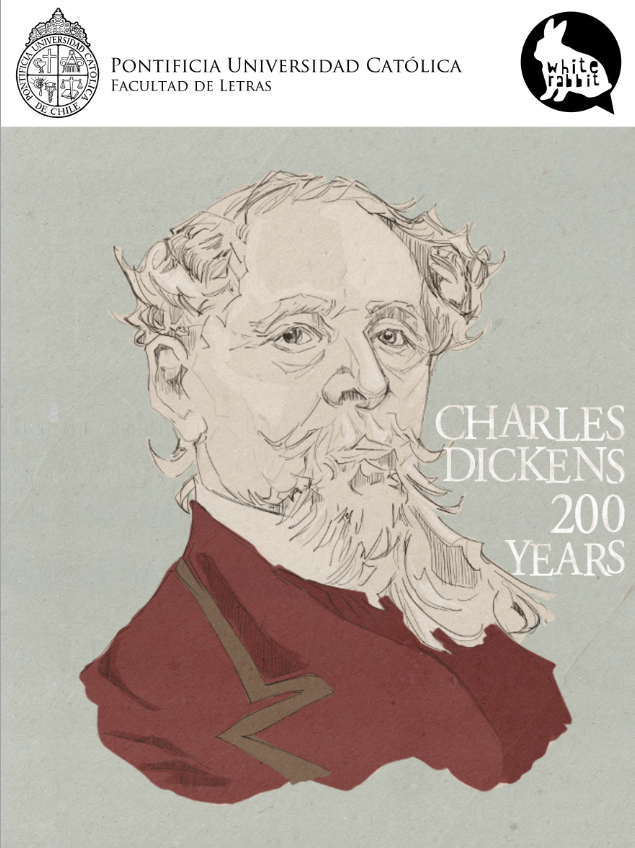Quartet of Selves: Quinn’s Personal Identity
DOI:
https://doi.org/10.7764/ESLA.61725Keywords:
PERSONAL IDENTITY, COGNITION, NARRATIVE SELF, CITY OF GLASS, PAUL AUSTERAbstract
The present article discusses the concept of personal identity in Paul Auster’s City of Glass by focusing on Daniel Quinn’s multiple “selves”. It questions the idea of the Cartesian self as an underlying and neverchanging structure because that notion is problematic to understand the quartet of selves that Daniel Quinn represents: “himself”, William Wilson, Max Work and Paul Auster. Instead, it takes into account Daniel Dennett’s idea that the self is a useful abstraction that helps to understand our cognitive states by means of a coherent narration, and Derek Parfit’s notion of successive selves. All these help to understand how Daniel Quinn’s personal identity is built in the novel.
Downloads
Downloads
Published
How to Cite
Issue
Section
License

This work is licensed under a Creative Commons Attribution-NonCommercial-NoDerivatives 4.0 International License.


